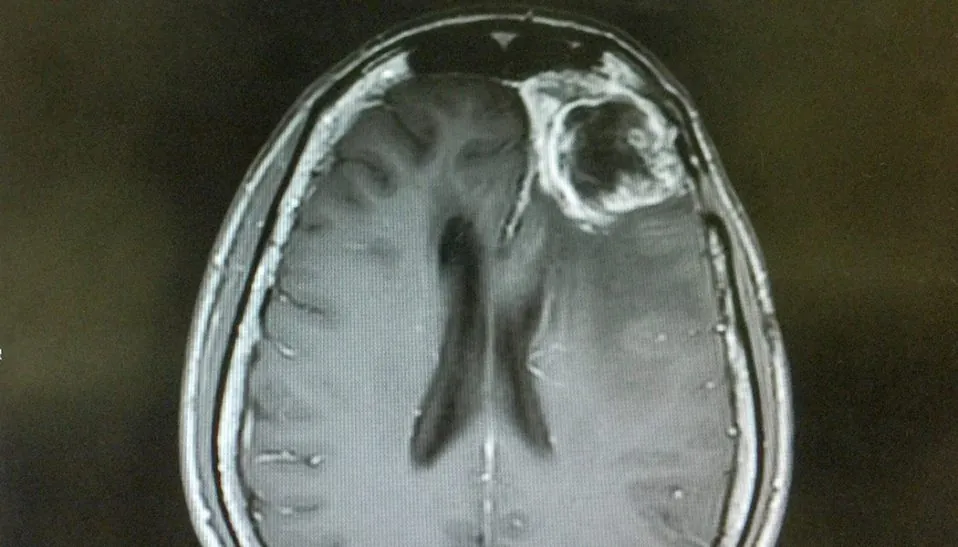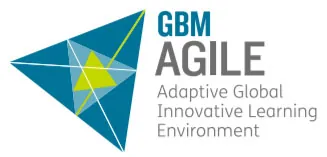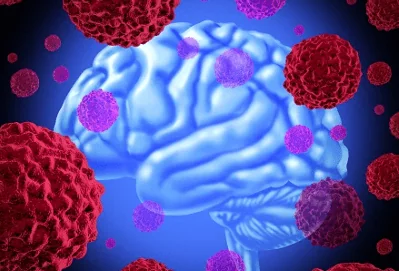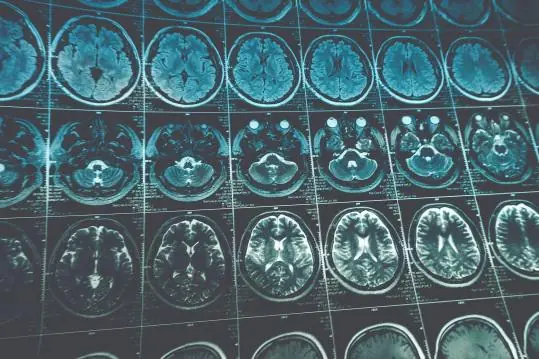Glioblastoma Multiforme (GBM) is the deadliest and most aggressive form of brain cancer for which there is currently no cure. This often-fatal brain cancer accounts for 45% of all malignant brain tumors and 12,000 cancer diagnoses per year in the United States, in addition to tens of thousands more around…...
Brain Cancer Awareness Month
In recognition of Brian Cancer Awareness Month, the National Foundation for Cancer Research today offers up a rather in depth overview of a handful of innovative technologies being explored in labs to address the terrible disease class. Although brain cancer only makes up 1.4% of all new cancer cases, the…...
Medical Coalition Led Largely by NFCR Unites to Battle Glioblastoma
Medical knowledge of glioblastoma multiforme (GBM), the deadliest form of brain cancer, has grown exponentially, but has not resulted in marked improvements in treatment for patients. Addressing this is GBM AGILE (GBM Adaptive Global Innovative Learning Environment), a global medical and scientific coalition that is the first platform trial for…...
Brain Cancer Surgery: Thriving in Recovery
Brain cancer is a formidable adversary in the world of oncology. Against substantial odds, patients work with dedicated doctors to mount a counter offensive. The road to recovery is, to no one’s astonishment, arduous, as brain surgery exposes the very epicenter of our being, behavior, personality, motor skills and memory.…...





















